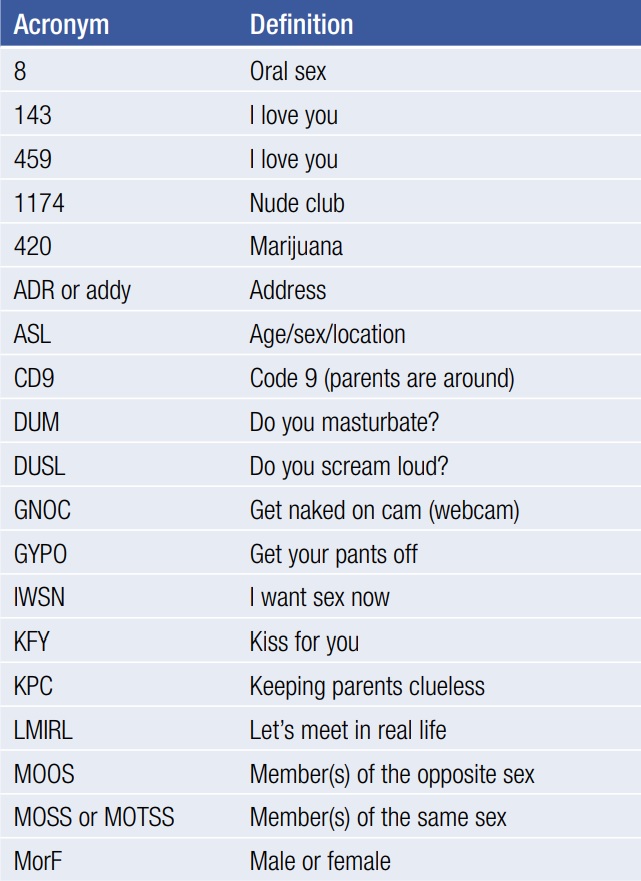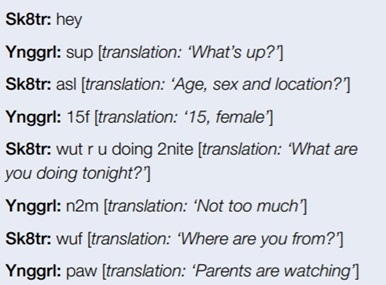Most of the time! grooming involves a premeditated behaviors intended to secure the trust and cooperation of children prior engaging in sexual activities online and offline. There are certainly groomers trying to engage in sex streaming sessions after a few minutes, which is something our researchers experienced in a few occasions through apps like Omegle.
The attraction of new technologies
Social networking sites for instance have become a key component in the process. The digital generation also known as “generation virtual” and “Gen-V”, comprises people from different demographic groups who make social connections through gaming sites, bloggers, etc.
More and more teen’s social lives revolve around the internet and making long lasting friends with strangers online they may have ever meet.
The reinvention is actually more interesting! Sometimes teens lie about themselves online, but for some reason they are willing to believe what complete strangers say about themselves
Online social live ever known
If you are 8, 9, 10 or even 11 years old, you have probably never known the world without the internet or mobile phones … 41% of children aged 8–11 regularly use the internet, 32% of children aged 8–11 regularly use a mobile phone, 56% of children aged 8–11 play computer games, 7% of 10 year olds have their own web cam
Slang
Teens tend to use more informal and entertaining language; predators tend to follow some of the most common sexual oriented slang to gain your confidence. Are you familiar with any of these?

Another aspect is the psychological and linguistic features. A predator will gradually shift to the sexual conversation starting with ordinary compliments. They eventually don’t hide their intentions, and even if the victim tries to change conversation, they will try to comeback to the sexual topic and even try to transfer responsibility to the victim. These offenders often behave as children, copying slang and linguistic style, the use of emoticons to reveal the predator’s sentiments and tendencies to be dominant in the conversation and copying children behaviour.

Predators often participate on IRC rooms and once they have chosen a victim, a private conversation is stablished. This process can last just a few days, weeks or months before arranging a physical meeting or initiating sex online sessions.
How much personal information do you share?
The wealth of personal information and pictures online could potentially be used by sexual predators to identify, contact or stalk their child victims.

Initially a predator can just behave as a friend before pictures and information is exchange, moving later to sexy photos and then is when a victim is captured. Predators will seek for sexual online sessions or complete nude photographs that when the victim refuses, they try to extortion the child threating with public exposure, stalking calls or even attempts to contact their homes.
Not to become a victim, consider who you share your intimacy with and how risky can be to do so with someone you have never meet.
References:
Online child grooming: a literature review on the misuse of social networking sites for grooming children for sexual offences: https://aic.gov.au
SnowBell Project research

